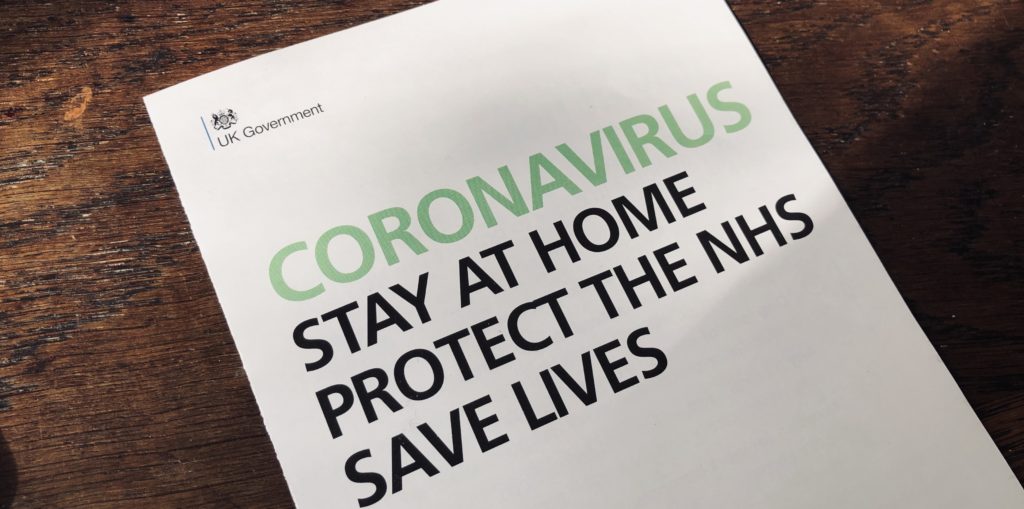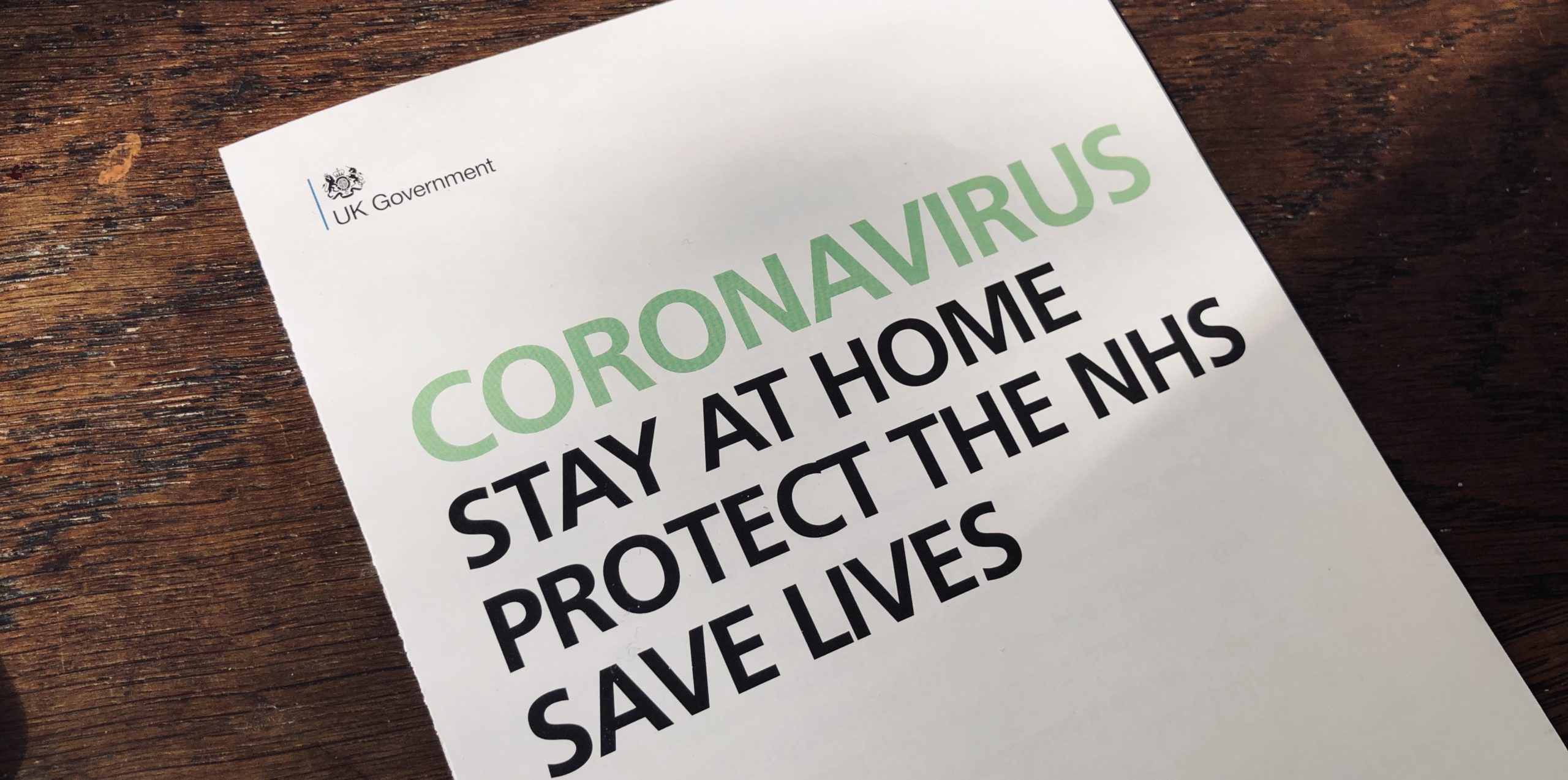
A warning has been sent to central government that councils serving the most disadvantaged will be forced to cut services if there is no further financial aid.
Cllr Sir Stephen Houghton
Last week I wrote to the secretary of state to warn him of the dire financial position many of our members find themselves in. Councils have responded admirably to this devastating virus, protecting vulnerable people across their boroughs, and so it is very concerning to hear comments from the secretary of state we may only be compensated for a set list of duties, rather than all the steps we have been taking as part of the “stay at home” campaign.
During the beginning of the crisis councils were told that government would stand behind us and back the sector. While the funding that we have received has been welcome, the financial returns that SIGOMA has been analysing show that this only covers our members into the beginning of June.
We were very critical of the allocation method for the second tranche—removing deprivation from the formula meant that poorer urban authorities lost out the most. As we are now seeing, it is these areas that have some of the highest infection rates in the country and ONS mortality data revealed that the poorest communities have seen twice as many per-capita deaths as the wealthiest.
Analysis of unemployment figures has shown that our members constitute 8 out of the top 10 authorities in terms of new claimants. These are the areas that lost out most in the last 10 years; it can’t be allowed to happen again. Government must deliver on its commitment to “level up” these areas.
The financial crisis facing local government is unpresented—a dangerous combination of extraordinary cost pressures and income losses. The choice facing the government couldn’t be clearer: Compensate councils for both costs and income losses or unfortunately residents will see massive cuts to the everyday services they rely on.
Cllr Sir Stephen Houghton, Chair of SIGOMA and leader of Barnsley council.
Rob Whiteman
Discussing and comparing individual councils in the UK’s public sector is always difficult. When considering the impacts of the Covid-19 emergency, some organisations inherently had differing levels of resource coming into the crisis.
However, it’s pretty clear that all local authorities are going to experience genuine and substantial income losses due to the ensuing economic crisis. The fiscal gap is so wide that councils cannot tackle it through the marginal actions available. Beyond the immediate question around the need to allocate further tranches of central government grants, it’s clear that the system itself is broken.
CIPFA has advocated for the deferral of the planned Fair Funding Review. I appreciate this is not a welcome message for authorities presently disadvantaged by the extant system, but it would not be sensible to proceed whilst the crisis unfolds.
Beyond additional one-off emergency funding packages, we think the next and bigger issue than fair funding is the quantum of resources needed by the sector to compensate for the ongoing shifts in councils’ underlying cost and income pressures.
Our advice to government is that the usual s114 mechanisms, which still apply during the crisis, will not work to balance budget shortfalls. The gaps are so material that where notices are issued, as now appears likely, there is nothing elected councillors can do to balance budgets within 21 days of a notice.
It is unlikely that government would have the bandwidth to then intervene in every case where a s114 notice receives no corporate response. CIPFA therefore invites the government to say, unequivocally, that all costs and reasonable income loss related to Covid-19 and the ensuing economic position will be resourced in full.
Rob Whiteman is chief executive of CIPFA.













